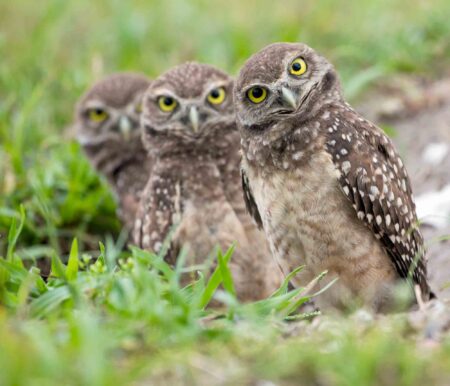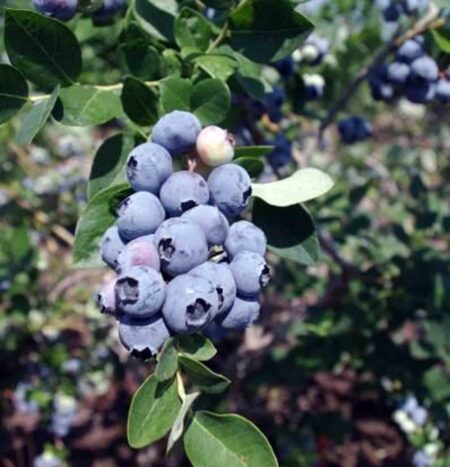If it sounds too good to be true, it probably is. This phrase offers sound advice for the person looking for the “perfect” lawn grass.
It’s common to see advertisements for the perfect lawn grass. You should be skeptical when reading advertisements that proclaim an amazing grass that produces a lush, green lawn with very little care. Question advertisements for grass seed mixtures that grow from Alaska to Florida. Beware of advertisements that do not include a specific name for the lawn grass being sold. Don’t believe advertisements that claim their grass even grows in impossible spots.
A number of years ago, I called a company that was advertising a grass seed mixture in hopes of finding out specifically what grass seeds were in this “too good to be true” mixture. I was told the seed mixture included Kentucky bluegrass, creeping red fescue and annual ryegrass. This information was not included in the advertisement. And it claimed that it would produce an attractive lawn for Florida.
In Florida, ryegrass, fescuegrass and Kentucky bluegrass will produce a green lawn during winter and early spring. However, as temperatures warm in late spring and summer, these grasses will die. All three are cool season grasses that will not tolerate our hot, humid summer weather. They will not produce a permanent lawn in our area.
Basically there are seven types of grasses from which to choose when considering planting a lawn in Florida. Centipede and St. Augustine are the most commonly planted in our area. Bahia, bermuda, carpet, seashore paspalum and zoysia are used less often. All of these grasses have advantages and disadvantages, which should be looked at and understood before choosing a grass for your lawn.
With time, most people in our area will become frustrated with their lawn. As a result, North Florida is a great area to market a too good to be true lawn grass. It’s difficult to grow a lawn here. All of our lawn grasses are native to other parts of the world – they did not exist in our native ecosystem. Expectations for a Florida lawn are too high. Because of these factors, many people are looking for that too good to be true grass.
Be cautious before spending time and money on one of those “perfect” lawn grasses.
Contact the University of Florida Extension Office in your County or visit the following website for reliable information on lawn grass selection and maintenance for Florida. hort.ufl.edu/yourfloridalawn
 Larry Williams, UF/IFAS Extension Agent, Okaloosa County, April 18, 2014
Larry Williams, UF/IFAS Extension Agent, Okaloosa County, April 18, 2014




